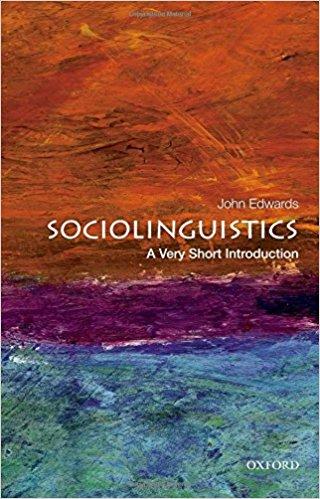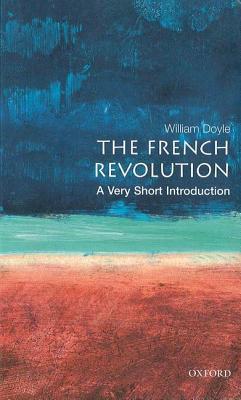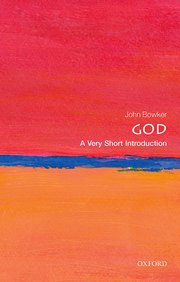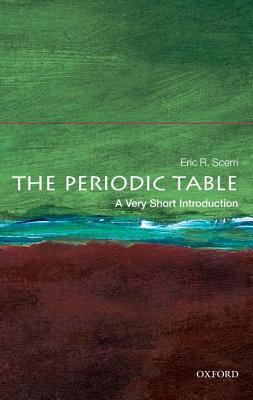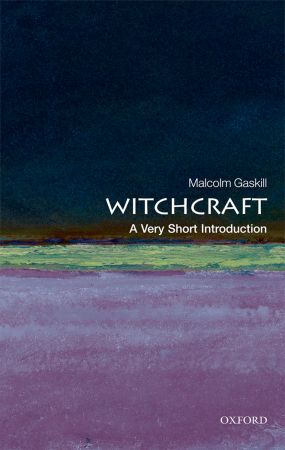Perhaps nowhere else has literature been as conscious a collective endeavor as in China, and China's survival over three thousand years may owe more to its literary traditions than to its political history. This Very Short Introduction tells the...
Формат:
только полные версии
The conflict between Palestine and Israel is one of the most highly publicized and bitter struggles of modern times, a dangerous tinderbox always poised to set the Middle East aflame--and to draw the United States into the fire. In this accessible...
This book explores the lands of the ancient Near East from around 3200 BCE to 539 BCE. The earth-shaking changes that marked this era include such fundamental inventions as the wheel and the plow and intellectual feats such as the inventions of...
In Marx: A Very Short Introdution, Peter Singer identifies the central vision that unifies Marx's thought, enabling us to grasp Marx's views as a whole. He sees him as a philosopher primarily concerned with human freedom, rather than as an economist...
The concept of law lies at the heart of our social and political life, shaping the character of our community and underlying issues from racism and abortion to human rights and international war.
But what actually is law? A set of naturally...
Sociolinguistics deals with the social life of language, language in its sociocultural context. It is a branch of linguistics that looks less at the shape or sound of words--morphology or phonology--and more at how our words and sentences are...
Beginning with a discussion of familiar images of the French Revolution, garnered from Dickens, Baroness Orczy, and Tolstoy, as well as the legends of let them eat cake, and tricolours, Doyle leads the reader to the realization that we are still...
Who or what is God? How do different religions interpret God's existence? How can we know God?
Many people believe in God; not just throughout history but also in the present day. But who or what is it they believe in? Many different and sometimes...
In this authoritative Very Short Introduction to the periodic table, Eric Scerri presents a modern and fresh exploration of this fundamental topic in the physical sciences, considering the deeper implications of the arrangements of the table to...
Witchcraft is a subject that fascinates us all. Indeed, from childhood most of us develop some mental image of a witch--usually an old woman, mysterious and malignant. But why do witches still feature so heavily in our cultures and consciousness?...

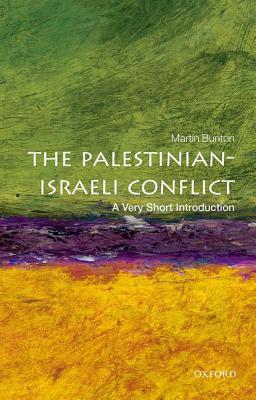
![The Ancient Near East [A Very Short Introduction]](https://www.rulit.me/data/programs/images/the-ancient-near-east-a-very-short-introduction_475837.jpg)
![Marx [A Very Short Introduction]](https://www.rulit.me/data/programs/images/marx-a-very-short-introduction_567832.jpg)
![Philosophy of Law [A Very Short Introduction]](https://www.rulit.me/data/programs/images/philosophy-of-law-a-very-short-introduction_480970.jpg)
